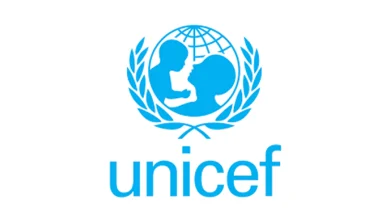
Wealthy Nigerians earning ₦100 million or more per month may soon face a 25% personal income tax rate if a new tax bill is passed by the National Assembly.
This announcement was made by Chairman of the Presidential Fiscal Policy and Tax Reforms Committee Taiwo Oyedele, during a session at the ongoing 30th Nigeria Economic Summit in Abuja.
Oyedele pointed out that around 90% of current taxpayers are individuals who, in his view, should not be paying taxes at all. He called for a more equitable tax system that eases the burden on lower-income earners while ensuring that the wealthy contribute fairly to government revenue. “If you earn ₦100 million a month, we are taking up to 25% from the rich people. That’s because we need to balance the books,” he stated.
The proposed reforms are set to take effect in January 2025, pending legislative approval. They aim to reduce personal income tax obligations for middle-income earners making ₦1.5 million or less monthly while increasing rates for those earning higher amounts, ultimately capping at 25%. Lower-income earners would be fully exempt from personal income tax.
In addition to individual tax reforms, Oyedele emphasized the importance of relieving businesses from undue VAT burdens. Currently, businesses bear VAT costs on essential assets, which increases overall pricing. Under the proposed reforms, businesses would receive 100% credit on VAT for services and assets, potentially lowering costs and prices.
Oyedele also addressed the issue of the informal sector, suggesting that 97% of it should be exempt from taxation, as many individuals are merely trying to survive. He noted that inflation has already acted as a “disorderly” tax on the population, eroding purchasing power without any legislative changes.
Regarding tax incentives, Oyedele argued that indiscriminate incentives can harm the economy. He indicated that the government would focus on removing unnecessary incentives to relieve the business sector without sacrificing revenue.
Additionally, the corporate income tax rate is expected to decrease from 30% to 25%, which Oyedele described as a significant benefit for businesses. Proposed adjustments also include reductions or eliminations of VAT on essential goods and services, such as food, healthcare, education, accommodation, and transportation, which represent a large portion of expenses for lower-income households.
However, not all sectors will see reductions; VAT rates on other goods and services may increase to maintain government revenue.
Oyedele assured that the committee is committed to accurately identifying the right taxpayers through primary data identification channels, ensuring that taxation is fair and effective.





